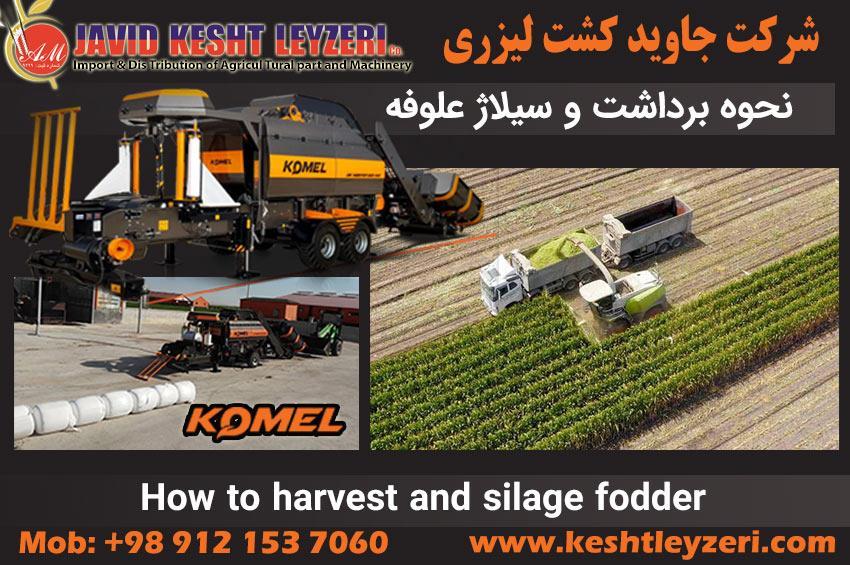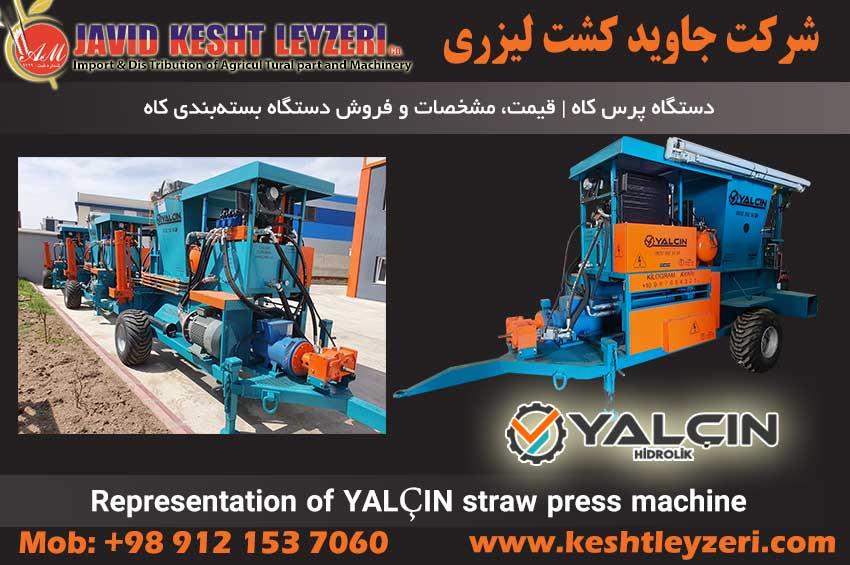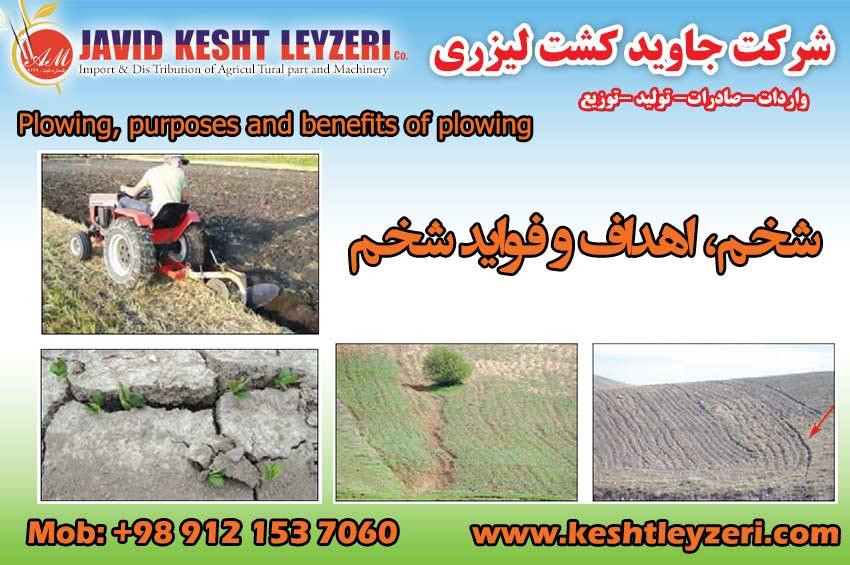
Plowing, purposes and benefits of plowing
Javid Kesht Leyzeri Co.Ltd (Mardani Trading)
There are various definitions about plowing, but one of the simplest is the following definition. The act of turning the soil in order to improve its physical characteristics is called. By plowing, the environmental conditions of plowing are provided for seed germination and plant growth. Also, the soil of the lower parts is brought to the surface and gradually the nutrients in it are used by the plant. It is also added to agricultural soil. The main purpose of plowing is to break the resistance or hardness of the soil because the surface of the soil hardens over time due to irrigation, rainfall, movement of people and livestock, agricultural operations, etc.
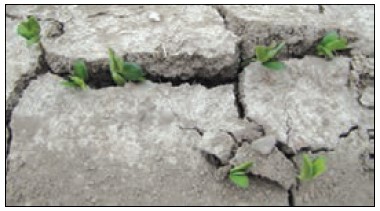
Hard ground and no penetration of weather into the soil
Objectives of plowing:
Increasing soil permeability as a result of better entry of water and air into it
Increase soil porosity
Reduction of water evaporation due to the interruption of capillary tubes
Burying plant remains, weed roots, eggs and larvae of harmful insects under the soil
softening the soil
Plowing and the additional operations of preparing the seed bed are called tillage.
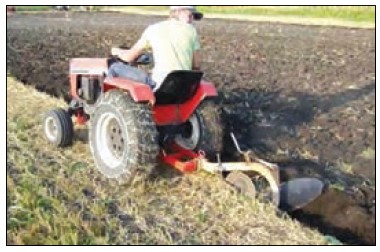
Plow
Tillage is a very important and influential operation in the success of a farmer. Tillage operations in agriculture can be compared with foundation operations in building construction.
With tillage operations, a suitable planting bed is provided. Seeds and seedlings need a suitable substrate for germination, establishment, growth and production of a satisfactory product.

Destruction of lands due to improper tillage
A suitable substrate for seeds is a substrate that:
It should not be hard or hard, but hollow, permeable and smooth. It is fertile and can meet the nutritional needs of the plant. The number and density of weeds should be minimal. To achieve these goals and conditions, there are different methods. In sustainable agriculture, it is a desirable method of tillage that preserves plant remains, moisture and soil structure and thus prevents soil erosion and degradation. At the same time, to minimize the cost of production.
The benefits of plowing
A) Plant remains under the soil, this process increases the soil's organic matter.
b) The soil is hollowed out, as a result, water permeability in the soil increases.
c) As a result of plowing, the penetration of air into the soil increases, so the activity of microorganisms increases.
d) As a result of plowing, the dissolution of minerals in the soil is facilitated, and as a result, the ability to absorb minerals by the roots of plants increases.
e) Penetration and spread of roots is better in plowed land.
j) The underground stems of weeds, larvae and eggs of plant pests have been moved to the surface, which will destroy them.

